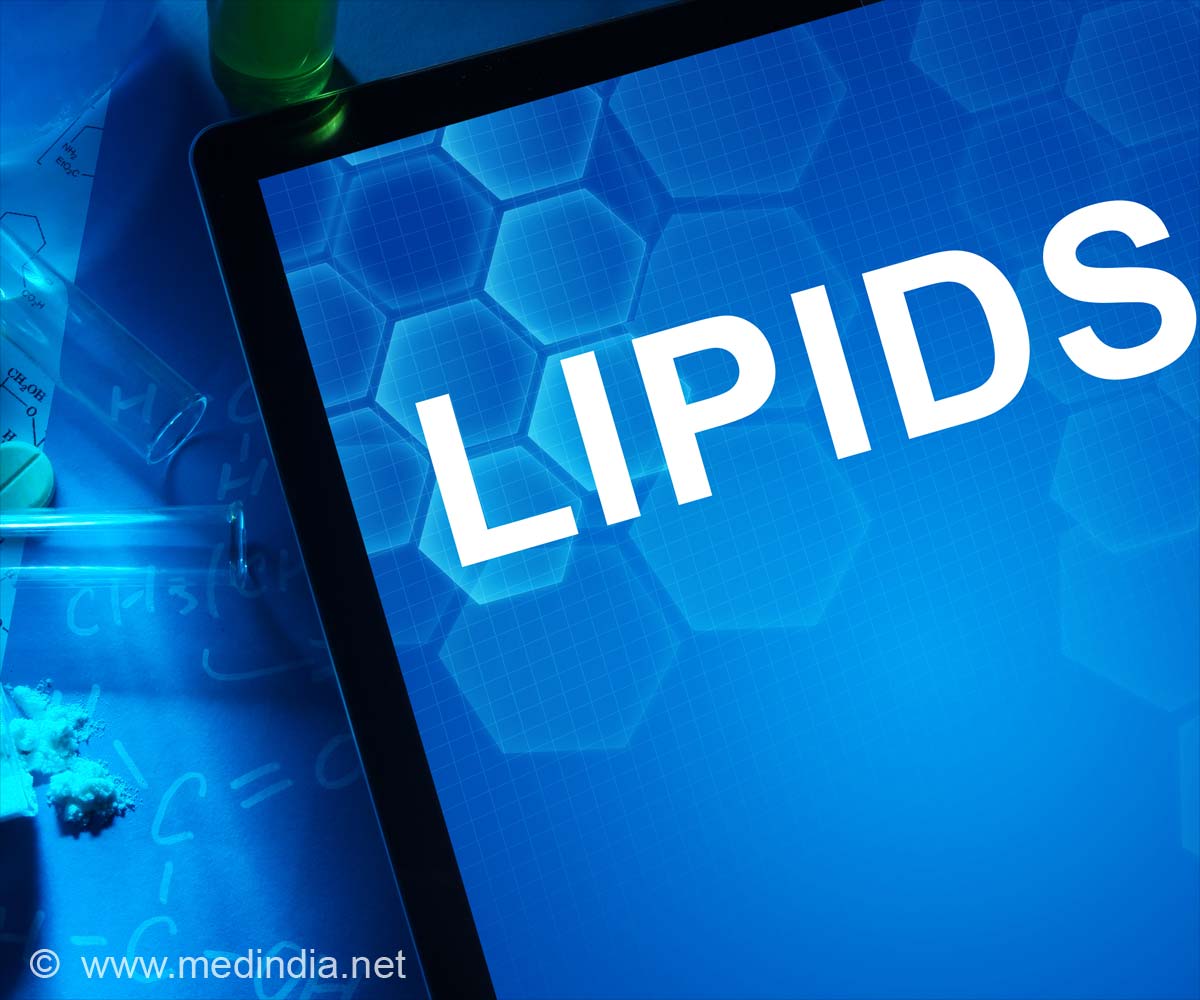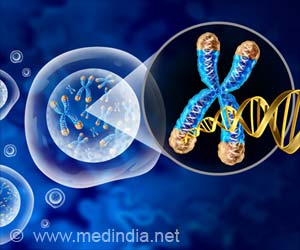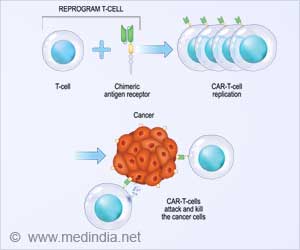How do lipids fuel cancer? Discover the surprising role fats play in cancer growth and the promising new therapies targeting lipid metabolism.

- Lipids are central to cancer cell survival, acting as energy sources and signaling molecules
- Altered lipid metabolism offers new targets for cancer therapy
- Lipid profiles could revolutionize cancer diagnostics and personalized treatment
Lipids and cancer: Emerging roles in pathogenesis, diagnosis and therapeutic intervention
Go to source).
Lipids, often thought of as just fats, are actually key players in cancer survival- and could hold the secret to new, more effective treatments! #cancerresearch #medindia’
What Are Lipids, and Why Should We Care?
In simple terms, lipids are fats, oils, and other related molecules that make up the building blocks of our cells. They are not just passive components; they are incredibly dynamic and perform a variety of roles. Lipids help form the membranes that surround and protect our cells, store energy, and even act as signaling molecules, sending critical messages that control various cellular functions.But here is where it gets interesting: cancer cells are notorious for rewiring their metabolism to support their rapid growth and survival. And one of the main ways they do this is by hijacking the body’s lipid metabolism. By manipulating lipid levels and composition, cancer cells can thrive even in hostile environments, resist stress, and continue to multiply uncontrollably.
How Do Lipids Fuel Cancer?
Cancer cells have developed several strategies to acquire and utilize lipids. They might increase the uptake of external lipids or rev up their internal production. Once inside, these lipids can be broken down to release energy, helping the cancer cell power through energy-demanding processes.But that’s not all. Lipids also play a crucial role in cell signaling, which means they help send messages within the cancer cell and to other cells in the surrounding environment. These messages can promote oncogenic signaling (fancy talk for cancer-promoting signals), regulate how cells communicate with each other, and even affect how the immune system responds to the tumor.
Lipids as Cancer’s Swiss Army Knife
What makes lipids so fascinating in the context of cancer is their versatility. They are like a Swiss Army knife, helping cancer cells adapt to changing conditions. For instance, when a tumor grows, it creates a chaotic environment with limited oxygen and nutrients. Under these stress conditions, lipids help cancer cells resist oxidative damage- a type of cell stress that could otherwise kill them.Lipids also contribute to one of the most sinister aspects of cancer: its ability to evade the immune system. Certain lipid molecules can suppress immune responses, allowing cancer cells to hide in plain sight. This makes lipids not only vital for cancer cell survival but also key players in helping tumors avoid detection and destruction by the body’s natural defenses.
Lipids as Biomarkers: The New Frontier in Cancer Diagnosis
Given the close relationship between altered lipid metabolism and cancer, it’s no surprise that scientists are now looking at lipid profiles as potential biomarkers. Biomarkers are biological indicators that can help diagnose a disease, predict its progression, or even gauge how well a treatment is working. Specific lipid profiles are emerging as unique signatures for different types of cancer, offering a new tool for early detection and personalized treatment strategies.Imagine being able to detect cancer in its early stages simply by analyzing a patient’s lipid levels. This could revolutionize cancer diagnostics, making it easier to catch the disease before it spreads and becomes harder to treat.
Exploiting Lipid Metabolism: A New Target in Cancer Therapy
Here’s the exciting part: the very same lipid processes that cancer cells rely on could also be their Achilles’ heel. Preclinical studies are uncovering vulnerabilities in lipid metabolism that can be targeted with new therapies. These therapies could work by disrupting the way cancer cells use lipids, essentially starving them of the resources they need to survive.Moreover, lipids themselves are being explored as tools in cancer treatment. For example, certain lipids can disrupt cell membranes, potentially killing cancer cells. Lipids are also being used as components of nanocarriers- tiny delivery systems that can transport drugs directly to the tumor, reducing side effects and improving the effectiveness of treatments.
Future of Cancer Treatment: Lipids in the Spotlight
We’re standing on the brink of a new era in cancer treatment, one that recognizes the central role of lipids in cancer biology. With several preclinical compounds and strategies moving toward clinical trials, it’s only a matter of time before lipid-targeting therapies become a staple in the oncologist’s toolkit.But this isn’t just about developing new drugs; it’s about understanding the complex ways in which cancer cells survive and thrive. By unraveling the secrets of lipid metabolism, scientists are uncovering new pathways to attack cancer, offering hope for more effective and less toxic treatments in the future.
Don’t Underestimate the Power of Lipids
Lipids may have been overlooked in the past, but their role in cancer is now coming into sharp focus. As we learn more about how cancer cells manipulate lipid metabolism, we gain powerful insights into how to disrupt these processes and stop cancer in its tracks. Whether through diagnostics, targeted therapies, or innovative drug delivery systems, lipids are poised to play a key role in the future of cancer treatment. So the next time you hear the word “lipid,” don’t just think of dietary fats-think of the potential to change the way we understand and combat one of the world’s most devastating diseases.Reference:
- Lipids and cancer: Emerging roles in pathogenesis, diagnosis and therapeutic intervention - (https://www.sciencedirect.com/science/article/pii/S0169409X20300971?via%3Dihub)
Source-Medindia















